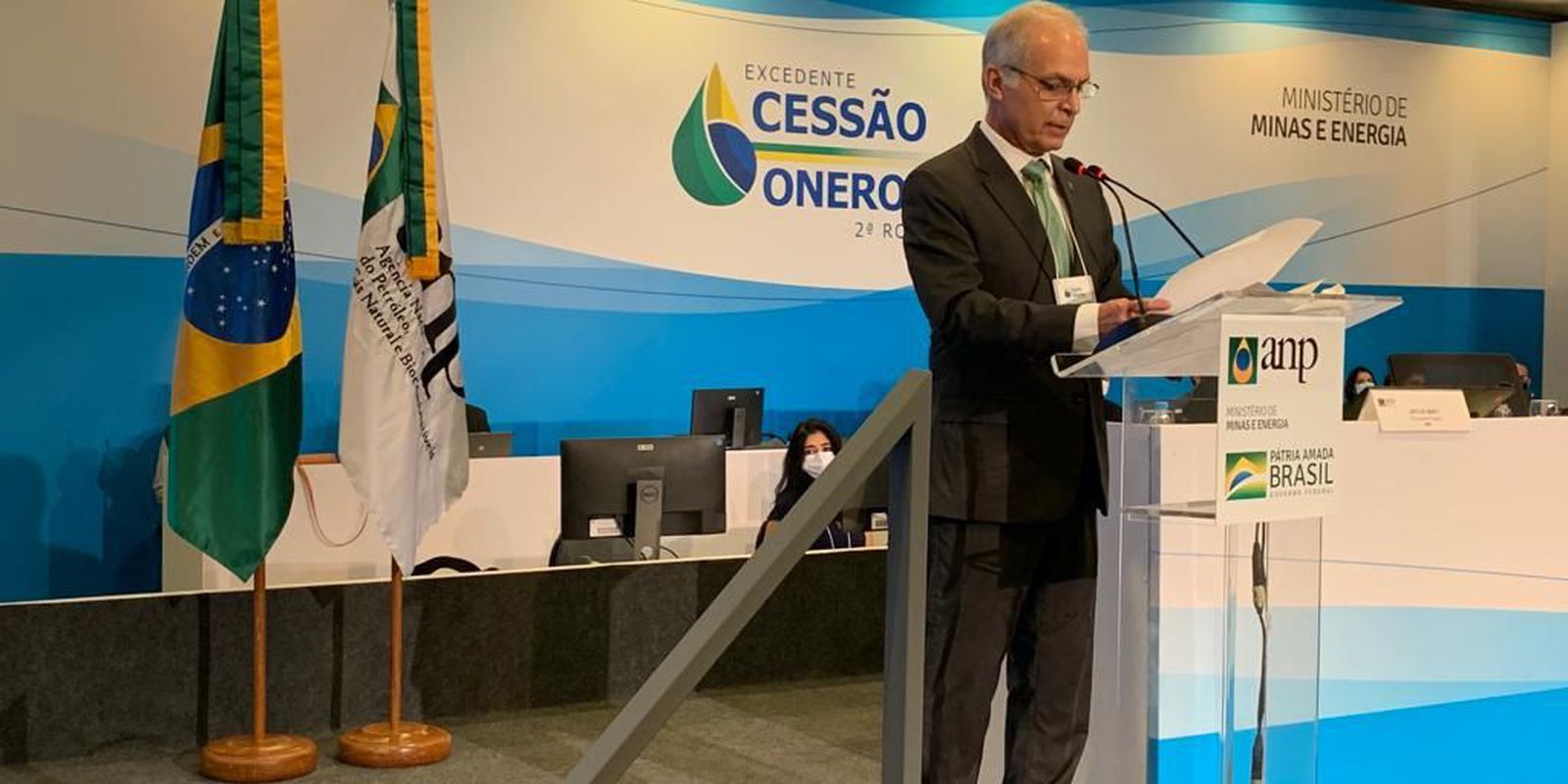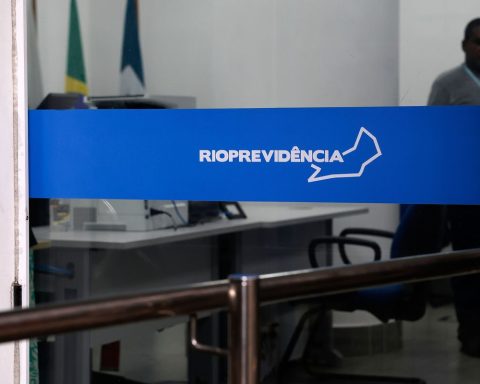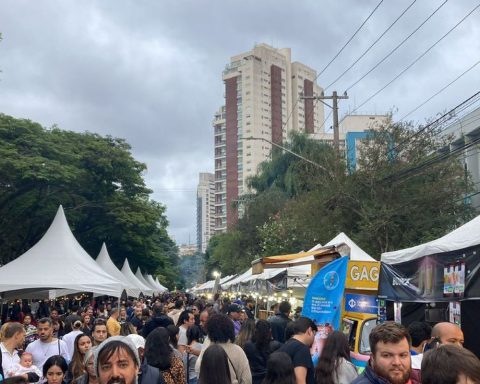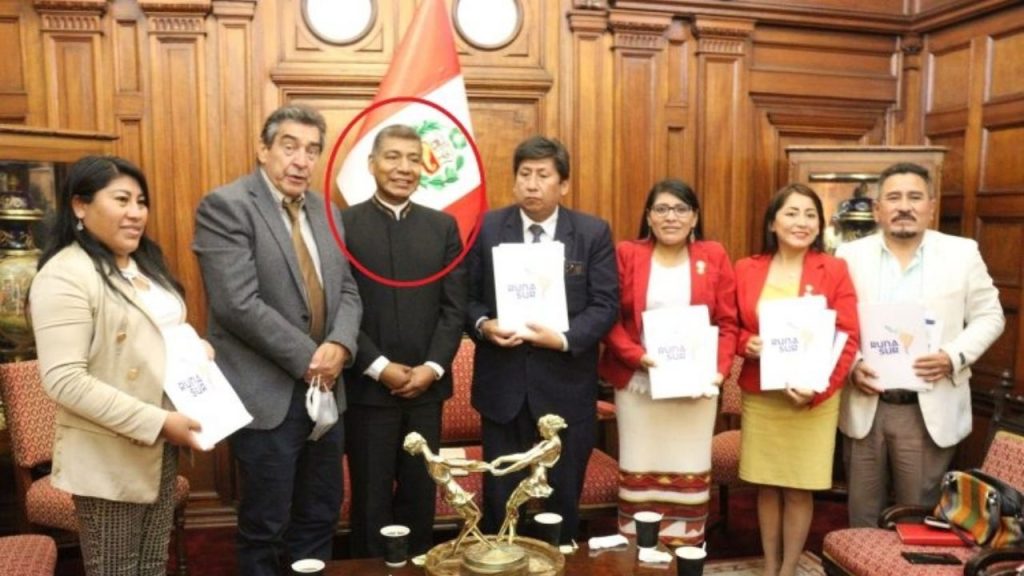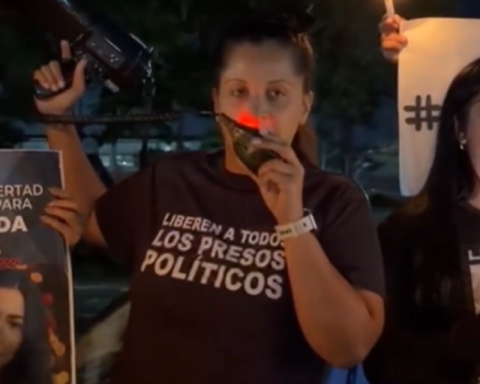The National Agency for Petroleum, Natural Gas and Biofuels (ANP) is carrying out today (17) the Second Round of Bidding for Excess Volumes of the Transfer of Rights, in the production sharing regime. For the event, two areas of development in the Santos Basin were offered: Atapu and Sépia.
To meet the health protocols required by the covid-19 pandemic, the public session takes place in a hybrid manner at the Windsor Barra Hotel, in Barra da Tijuca, west of Rio, but can be followed live on the ANP’s YouTube channel.
The criterion for choosing the winning companies will be the surplus oil for the Union, as it usually happens in all rounds in the sharing regime. According to the ANP, “the invitation to bid establishes a minimum percentage of excess oil, based on which companies make their bids.”
At the opening of the session, the CEO of the ANP, Rodolfo Saboia, said that today is a special day for the ANP and for the country’s oil and natural gas sector. “Today, we intend to close the exploration and production activity chapter with the bidding for the excess volumes of the transfer of rights in the areas of Sépia and Atapu, the two that still have this potential to be unlocked,” he said.
For Saboia, the current scenario of the oil and natural gas industry is challenging and the energy transition is a reality that contributes to increase the selectivity of oil companies in the world, imposing on countries the need to adopt measures to increase their attractiveness to maintain the its competitiveness in the global context”, he pointed out.
The CEO stated that the characteristics of this auction match investors’ demands for projects with great potential, low exploratory risk, even shorter return cycles and a smaller carbon footprint. “I have no doubts about the attractiveness of our pre-salt. This is an even more competitive environment in a scenario of energy transition”, he observed.
“The development of the pre-salt and all other environments is of fundamental importance for Brazilian society as it means more wealth and energy security for a developing country.”
Saboia added that from a geological point of view, the areas offered “are absolutely exceptional. “Together, Atapu and Sépia already produce more than 200,000 barrels of oil equivalent per day,” he pointed out.
According to the ANP, the oil surplus is the portion of oil and/or natural gas production to be shared between the Federal Government and the contracted company, according to “the criteria defined in the contract and the percentage offered in the round. It is the total volume of production less royalties due and the cost of oil (production portion corresponding to the company’s costs and investments in the operation of the field). At this point, sharing contracts differ from concession contracts, in which the company owns all the oil and/or natural gas that it may produce”.
As the oil surplus is the criterion for choosing the winners, in this round (as in all sharing ones), the signing bonuses, which is the amount paid in cash by companies that bid for areas in the bidding, are fixed and determined in the notice. Thus, before signing the contracts, the winning companies must pay the Union the value of the bonuses corresponding to the areas they won in the round. This represents yet another difference in relation to the concession system, in which the bonus offered in the rounds, based on a minimum set forth in the notice, is one of the criteria for selecting the winners.
Companies
In total, 11 companies qualified to bid for the areas offered in the Second Round of Tenders for the Excess Volumes of the Transfer of Rights: Petrobras, Shell Brasil Petróleo SA., Chevron Brasil Óleo e Gás Ltda., Ecopetrol Óleo e Gás do Brasil Ltda. , Enauta Energia SA, Equinor Brasil Energia Ltd., ExxonMobil Exploration Brasil Ltd., Petrogal Brasil SA, Petronas Petróleo Brasil Ltd., TotalEnergies EP Brasil Ltda. and QP Brasil Ltda. (Qatar Oil).
In compliance with CNPE Resolution No. 09/2021, the notice of the Second Round of Tenders for the Surplus Volumes of the Transfer of Rights determines the mandatory participation of Petrobras as operator, occurring with 30% for both areas on offer.
onerous assignment
The transfer of rights is a regime of direct contracting of specific areas of the Union to Petrobras, for the exploration and production of oil and natural gas. “Law 12,276/2010 granted the company the right to extract up to five billion barrels of oil equivalent in these non-contracted areas, located in the pre-salt, according to a contract signed between the Union and Petrobras”, informed the ANP.
